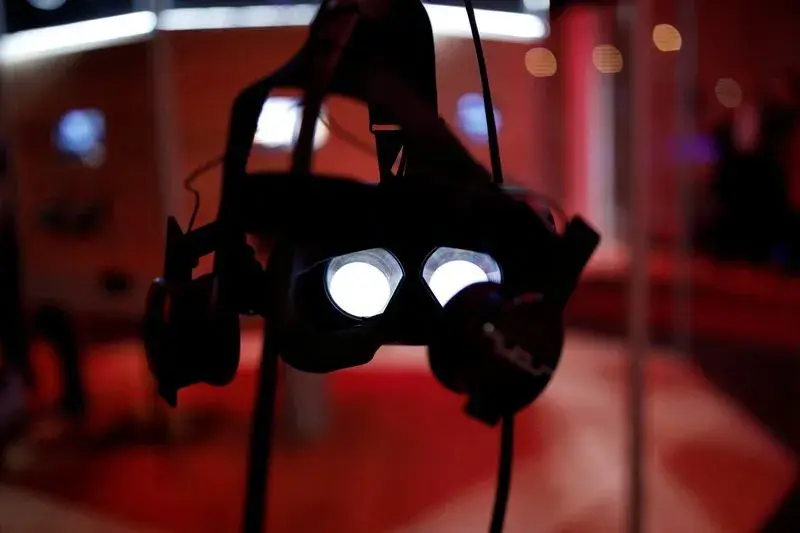By Anna Tong
(Reuters) - Videogame software provider Unity Software will target laying off approximately 25% of its workforce, or 1,800 jobs, the company said in a regulatory filing and internal company memo on Monday.
This is the San Francisco-based company’s largest layoff ever, with completion expected by the end of March, the company said. While Unity is not widely recognized outside the gaming industry, over 1.1 million game creators rely on its software toolkit each month, including the maker of the popular “Pokemon Go,” “Beat Saber” and “Hearthstone” games.
Monday’s deep job cut will affect all teams, regions and areas of the business, the company told Reuters.
The layoffs come shortly after interim CEO Jim Whitehurst announced a “company reset” in November.
“We are … reducing the number of things we are doing in order to focus on our core business and drive our long-term success and profitability,” Whitehurst wrote in the memo to all Unity employees on Monday.
While Whitehurst provided no specifics on structural changes to come, a company spokesperson confirmed there will be additional changes coming. This is the fourth round of layoffs the company has conducted within the last year.
The layoffs and company reset follow a tumultuous period for Unity.
In September last year, the company tried to impose a new “runtime fee” pricing policy, which charged new fees to its game developers if certain revenue and install thresholds were met. Following a developer revolt and a steep dropoff in share price, the company revamped the new fees.
Following the controversy, then-Unity CEO John Riccitiello retired, and the company appointed former IBM president Whitehurst as interim CEO and president and Sequoia Capital partner Roelof Botha as board chairman.
In November, Whitehurst announced the first part of the company reset, which included terminating an agreement with a visual effects company founded by the “Lord of the Rings” director, closing offices and no longer mandating employees work from offices. Monday’s layoff is the second part of the company reset.
Unity was founded nearly two decades ago by three Danish engineers, and gained popularity among game developers for its “game engine” that makes it simpler to develop and publish games across different platforms, such as via mobile or virtual reality.
It is also used in other industries like film and automotive for 3D visualization and virtual reality. After its IPO in 2020, Unity’s stock reached a peak of around $200 in November 2021, but subsequently fell below $30 last year.
Shares have risen since Whitehurst announced the company reset.
(Reporting by Anna Tong in San Francisco; Editing by Nick Zieminski)



I’m pretty sure that you generally can’t do that, in the US at least.
A C-level officer is required generally to act in the best interest of the company, but as long as the genuinely think that what they were doing was an attempt to improve the company in some way, you’d be hard-pressed to ever prove that they weren’t acting in the best interest. You’d have to find physical proof that they were intentionally sabotaging the company, and (probably) no one who is smart enough to become a CEO is going to do that.
I tend to agree with you, and he probably thought he was acting in the company’s best interests, but I also think there’s an argument to be made that he was negligent in doing his market research to ostensibly prevent what transpired.
Additionally, this wasn’t his first time toying with that “pay to buy, pay to use” model. He’d expressed past desires to implement that model, so it could be argued that this was his pet project that he wanted to see happen, and his hubris blinded him to the dangers.